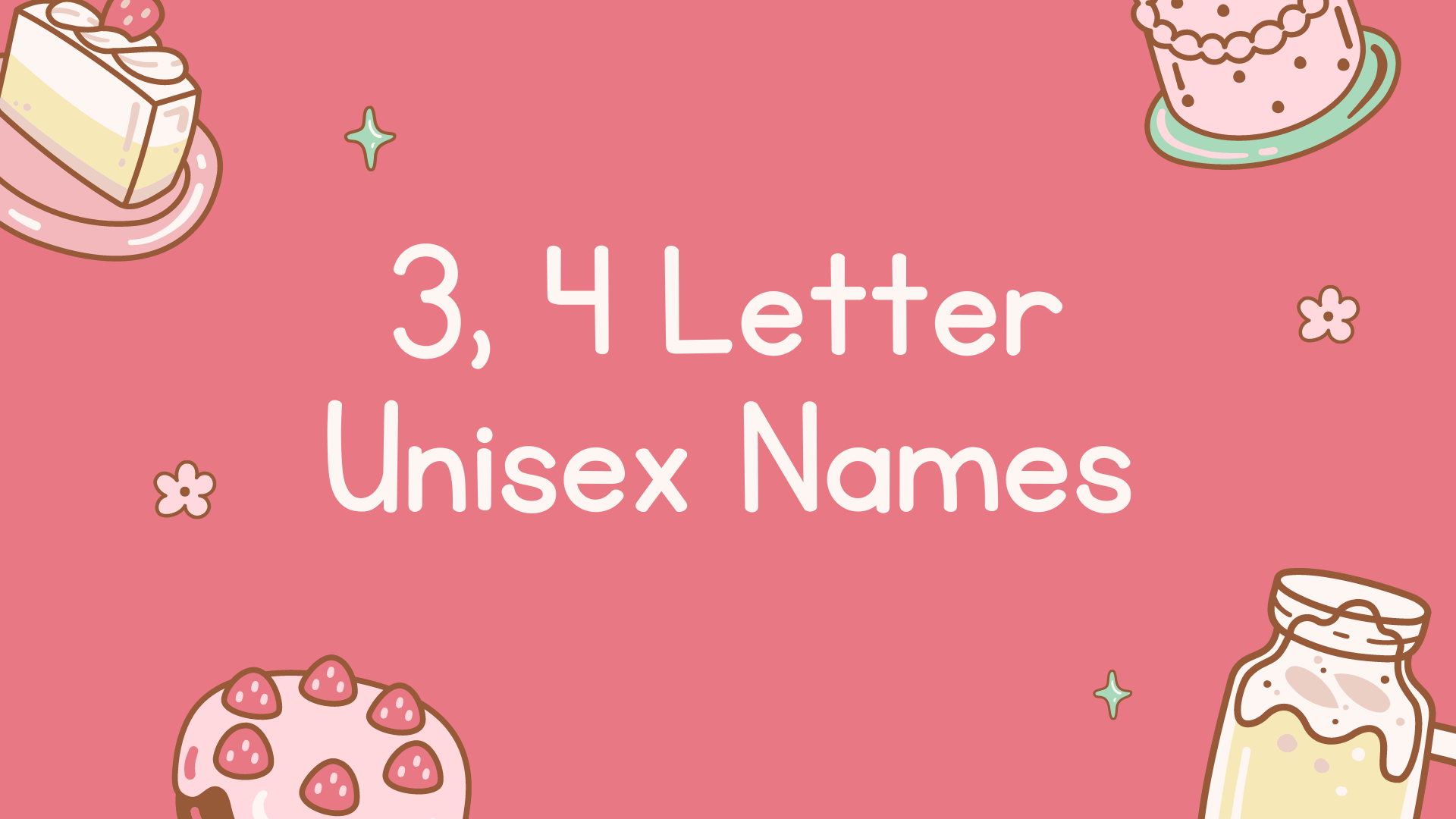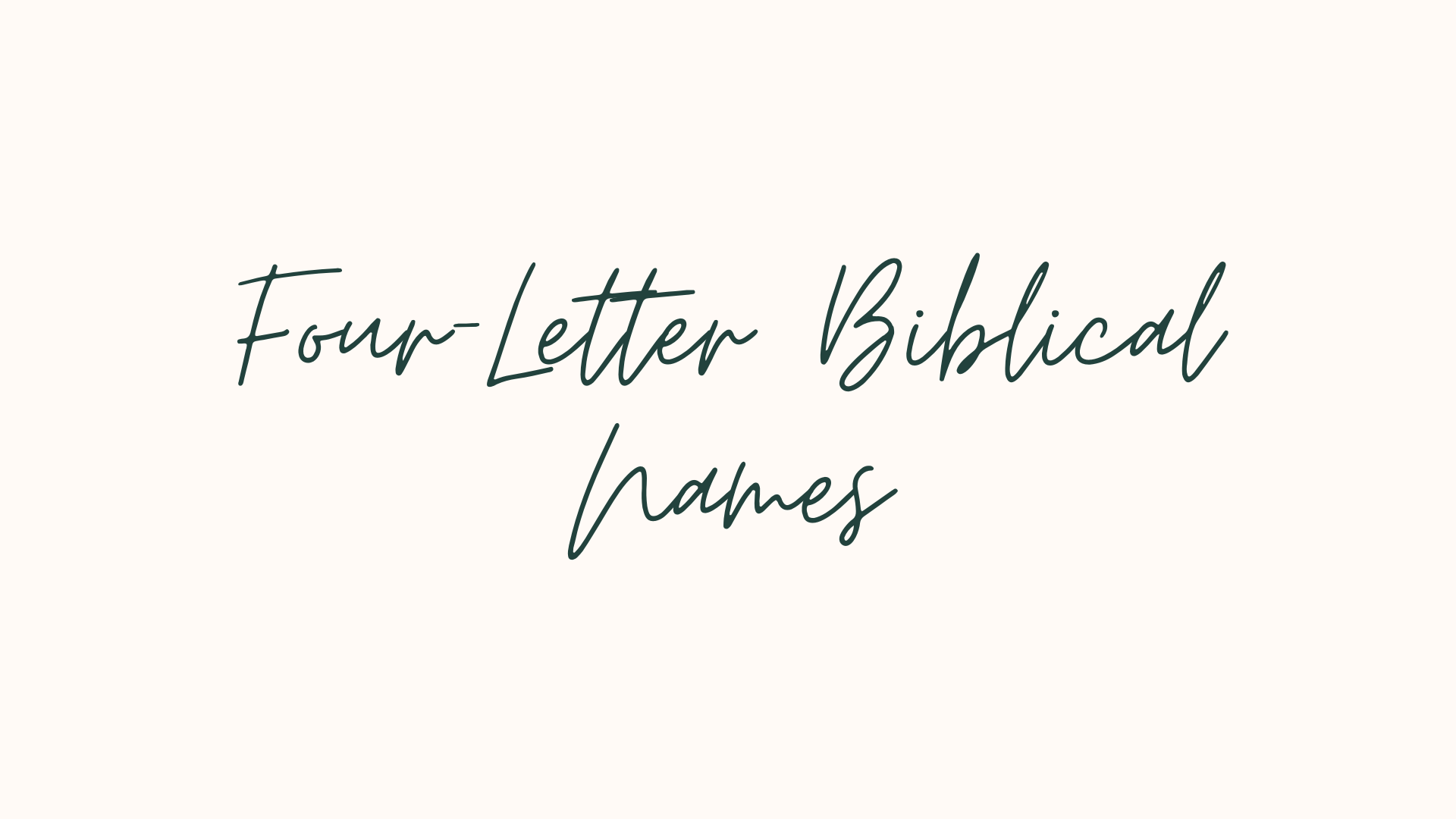Finding the right name for a character with a mixed background, like a half-elf, can feel like a really important task. These individuals, you know, stand at a unique crossroads, blending the distinct ways of two different peoples. Their names, quite often, become a way to show that special place they hold, a reflection of both their human and elven connections. It is almost as if their very identity, their sense of self, gets woven into the sounds and syllables they carry.
When we think about half-elves, we are really considering beings who embody a coming together, a joining of separate parts into something new. Just as a single item can be divided into two equal sections, where each part is distinct yet belongs to the same whole, a half-elf brings together two heritages. Their names, in a way, often try to capture this idea of two parts making up a singular, special person. It is a subtle nod to where they come from, a kind of personal echo of their family lines.
The names we give these characters do more than just label them; they help tell a story about who they are and where they fit in the broader world. A name can suggest a connection to ancient forests or bustling human towns, or perhaps, you know, a bit of both. It can hint at the quiet grace of elves or the spirited energy of humans. Picking a good half elf name means thinking about how these two parts come together, how they form a person who is, in some respects, a complete individual, yet carries echoes of two distinct ways of being.
Table of Contents
- What Makes a Half Elf Name Special?
- How Do Lineages Shape Half Elf Names?
- Exploring Human Influences in Half Elf Names
- Elven Touches in Half Elf Names
- Blending Traditions - Crafting Unique Half Elf Names
- Do Half Elf Names Reflect a Dual Heritage?
- Finding the Perfect Half Elf Name - A Personal Quest
- Common Sounds and Syllables for Half Elf Names
What Makes a Half Elf Name Special?
A name for a half-elf, you see, carries a kind of weight, a unique feel that sets it apart. It is not just a label; it is a declaration of their unique place in the world. Think about it: a half-elf is, in a way, a living representation of two different parts coming together. Like when you take two distinct sections and combine them to create a whole, a half-elf brings together the qualities of both human and elf. This means their names often try to capture that blend, that feeling of being from two distinct places at once. It is a subtle balancing act, really, trying to honor both sides without making the name feel disjointed. The specialness comes from this very idea of combination, of being a sum of distinct elements that create something entirely new and quite interesting. They are not fully one thing or the other, and their names can, in some respects, mirror that interesting position.
The names can sometimes hint at the grace and long life often associated with elves, or perhaps the spirited and often quicker pace of human existence. It is almost like choosing sounds that resonate with both a forest's quiet strength and a city's lively chatter. This dual nature means that the name itself becomes a small story, a quiet statement about their origin. It is a name that can, in a way, bridge gaps, helping others understand a bit about their background just by hearing the sounds. So, when someone hears a half elf name, they might get a sense of this combined heritage, a feeling of two worlds coming together in one person. This makes the process of picking such a name a rather thoughtful exercise, as it needs to carry a lot of meaning within its sounds.
How Do Lineages Shape Half Elf Names?
The family lines, or lineages, that a half-elf comes from have a really big impact on the kind of half elf names they might carry. Consider this: a half-elf is, in essence, a coming together of two distinct lines, much like two separate parts that form a single, complete picture. If one parent is human and the other is elven, the name often tries to reflect this connection to both sides. It is not always about taking one name from each parent and simply joining them, though that can happen. More often, it is about finding a sound, a rhythm, or even a meaning that hints at both ancestries. For instance, a name might have a human-sounding first part but an elven-like ending, or vice versa. This blend, this joining of different elements, is what gives these names their unique feel.
Sometimes, a name might lean more heavily towards one lineage, perhaps because the half-elf grew up more closely connected to that side of their family. So, a half-elf raised primarily among humans might have a name that sounds quite human, but with just a subtle hint of elven grace in its pronunciation or an unusual letter pairing. Conversely, one raised in an elven community might have a name that sounds more elven, yet perhaps it is a bit shorter or has a more straightforward sound than a typical full elven name. This shows how the environment and the family connections truly shape the identity, and subsequently, the half elf names. It is a reflection of which part of their heritage feels most present in their daily life, a kind of personal marker of their journey.
Exploring Human Influences in Half Elf Names
When we look at the human side of half elf names, we often find sounds and structures that feel familiar to us. Human names, you know, tend to be a bit more direct, often shorter, and sometimes carry meanings tied to common virtues, places, or everyday things. So, a half-elf's name might include a very human-sounding first name, like 'Thomas' or 'Sarah,' paired with something that hints at their elven heritage. This is a way of showing that one part of their makeup, that human part, is quite present in their identity. It is like taking one of the two equal sections that make up a whole and giving it a distinct, recognizable form within the name itself. This gives the name a grounding, a connection to the world of people that is often quite relatable.
The human influence can also come through in the simplicity of the name. While elven names can sometimes be long and lyrical, a human-influenced half elf name might be more concise, easier to say, and perhaps less ornate. This does not mean it lacks beauty, just that its beauty comes from a different place, a more straightforward kind of elegance. Think of names that are quite common in human settlements, names that feel sturdy and dependable. These sounds can provide a strong foundation for a half-elf's name, allowing the elven elements to add a touch of something special without making the name feel overly complex. It is a way of saying, "Yes, I am connected to humanity, to its everyday rhythms and its straightforward ways."
Elven Touches in Half Elf Names
On the other side, the elven touches in half elf names bring a sense of grace, a connection to nature, and often a melodic quality. Elven names, typically, have more flowing sounds, often with a lot of vowels and soft consonants. They can sound quite ancient, carrying a feeling of long histories and deep forests. When these elements appear in a half-elf's name, they add a layer of otherworldliness, a hint of the magical and the timeless. It is like taking the other distinct part that makes up the whole and letting its essence shine through. These names can make a person feel connected to the quiet beauty of ancient woods or the clear light of distant stars. They often have meanings tied to natural elements, like 'river,' 'star,' or 'leaf,' or to concepts like 'wisdom' or 'light.'
So, a half-elf might have a name that starts with a human sound but ends with a distinctively elven flourish, like 'Elara' or 'Lyraen.' Or perhaps the entire name has a lyrical quality, even if it is shorter than a full elven name, suggesting a deeper connection to their elven heritage. This blend creates a name that is both familiar and a little bit mysterious, reflecting the half-elf's unique position between two ways of life. It is a way of showing that they carry the echoes of ancient songs and the whispers of the wind through old trees. The elven influence in half elf names is, in some respects, what gives them their poetic quality, their sense of being just a little bit removed from the everyday world, even when they are living right in it.
Blending Traditions - Crafting Unique Half Elf Names
Crafting unique half elf names is really about bringing together different naming traditions in a way that feels natural and meaningful. It is like taking two separate, but equally important, sections and joining them to create a new, distinct whole. You might start with a sound that is common in human names, something strong and clear, and then add an ending that has the flowing, gentle quality of elven speech. This creates a name that feels both grounded and ethereal, a perfect fit for someone who stands between two cultures. The goal is not just to combine elements, but to make them flow together, so the name feels like one complete piece, rather than two separate parts awkwardly joined. This process allows for a lot of creativity, as there are many ways to mix and match sounds and meanings.
Sometimes, a unique half elf name might even come from a completely new sound, one that does not quite fit into either human or elven conventions but feels like a natural outgrowth of both. This is where the true uniqueness comes in, when the name itself becomes a symbol of a new identity, one that transcends its origins. It is a name that says, "I am not just half of one thing and half of another; I am a whole, new individual." This approach often results in names that are memorable and distinctive, names that truly stand out. It is a way of giving a half-elf character a name that speaks to their personal journey, a name that feels truly their own, rather than just a combination of parts. This is where the art of naming truly comes into play, creating something fresh and fitting.
Do Half Elf Names Reflect a Dual Heritage?
Quite often, half elf names do reflect a dual heritage, showing their connection to both human and elven family lines. This reflection can happen in a few ways. Sometimes, it is very clear, like having a name that is a direct combination of elements from both cultures. For example, a name might use a human first name and an elven surname, or vice versa. This is a very straightforward way of showing that two distinct parts make up this individual's background. It is a visible sign of their mixed ancestry, a kind of linguistic bridge between two different ways of life. The name, in this sense, becomes a small story in itself, telling anyone who hears it about the two worlds from which the person came. This overt blending is one common approach to showing dual heritage in half elf names.
Other times, the reflection of dual heritage is more subtle, a quiet whisper rather than a loud declaration. A name might sound mostly human, but with a slight, almost imperceptible, twist that gives it an elven feel – perhaps an unusual vowel sound or a soft consonant that is not typical in human speech. Or, it could be a name that sounds primarily elven, but has a shorter, more grounded feel that hints at human practicality. This kind of subtle blending shows that the half-elf is a complete person, a whole made of two parts, but those parts are so well integrated that they create something new and harmonious. It is a way of carrying their ancestry without it being the only thing that defines them, a more nuanced way to reflect their dual nature in their half elf names.
Finding the Perfect Half Elf Name - A Personal Quest
Finding the perfect half elf name can feel like a very personal quest, a journey to discover the sounds that truly fit a character's unique spirit. It is not just about picking something that sounds good; it is about choosing a name that resonates with their personality, their experiences, and the specific blend of their two heritages. Think about the character's background: were they raised among humans, elves, or perhaps in a place where both cultures mixed freely? This upbringing will often influence what kind of name feels right for them. A name should, in some respects, feel like a natural extension of who they are, a label that truly belongs to them. It is a bit like finding the right piece to complete a puzzle, where every part fits just so.
Consider the qualities you want the name to convey. Do you want it to sound strong and adventurous, or perhaps gentle and wise? Do you want it to hint at their human practicality or their elven grace? The perfect name will often strike a balance, much like the half-elf themselves, who embody a balance of two distinct parts. You might try saying the name out loud, hearing how it rolls off the tongue, and imagining your character responding to it. This process of searching and trying out different options is part of what makes the quest for the perfect name so rewarding. It is a chance to give your character a piece of their identity, a sound that they will carry with them throughout their story, a truly personal marker.
Common Sounds and Syllables for Half Elf Names
When thinking about common sounds and syllables for half elf names, we often look for elements that bridge the gap between human and elven speech patterns. For the human side, you might consider sounds that are quite common and easy to pronounce, like 'An,' 'El,' 'Ren,' or 'Lin.' These sounds are often found in names across many human cultures and provide a familiar starting point. They give the name a sense of grounding, a connection to the everyday world. It is like having one of the two equal parts of a whole be something very recognizable and straightforward. These basic sounds can be combined in many ways, offering a lot of flexibility for creating distinct half elf names that still feel approachable and understandable to a wider audience.
For the elven influence, we often look to sounds that are more flowing, lyrical, and perhaps a bit less common in human speech. Think of soft consonants like 'th,' 'sh,' or 'ly,' and vowel sounds that are long and open, like 'ae,' 'y,' or 'ia.' Syllables like 'wyn,' 'lor,' 'riel,' 'las,' or 'en' often carry that distinct elven feel. When you combine these with more human sounds, you get names that have that characteristic half-elf blend. For example, 'Anwyn,' 'Elara,' 'Reniel,' or 'Lyraen' all show this kind of mix. They have a familiar base, but with a touch of something more ancient and graceful. This blending of common sounds and syllables is a very effective way to craft half elf names that feel both unique and appropriate for their mixed heritage, truly reflecting the idea of two distinct parts coming together to form a new whole.
This article has explored the fascinating process of naming half-elf characters, looking at how their unique position between human and elven cultures influences their names. We have considered how the concept of "half" – as two distinct parts forming a whole – plays into the construction of these names, reflecting dual heritage, whether subtly or overtly. We also discussed the specific human and elven elements that contribute to these names, from straightforward human sounds to lyrical elven syllables. The aim has been to show how a name for a half-elf is more than just a label; it is a meaningful reflection of their identity and the blend of their origins.



